Carolyn Raffensperger
Submitted by Anonymous (not verified) on February 21, 2008 - 2:00amScience & Environmental Health Network; precautionary principle, public trust doctrine
COMMONS MAGAZINE
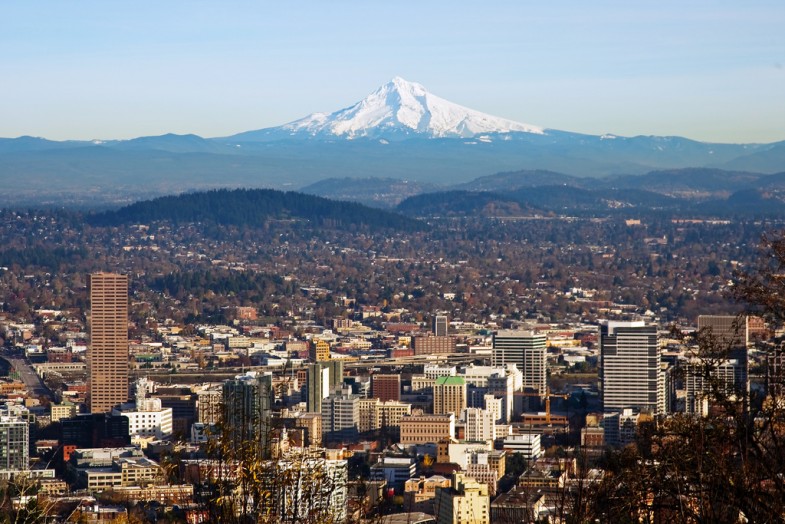

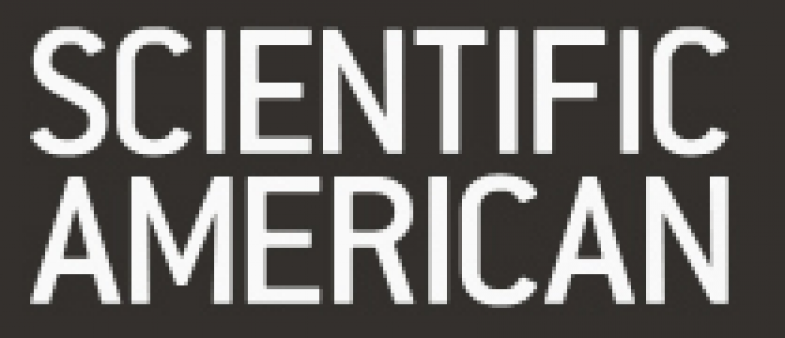
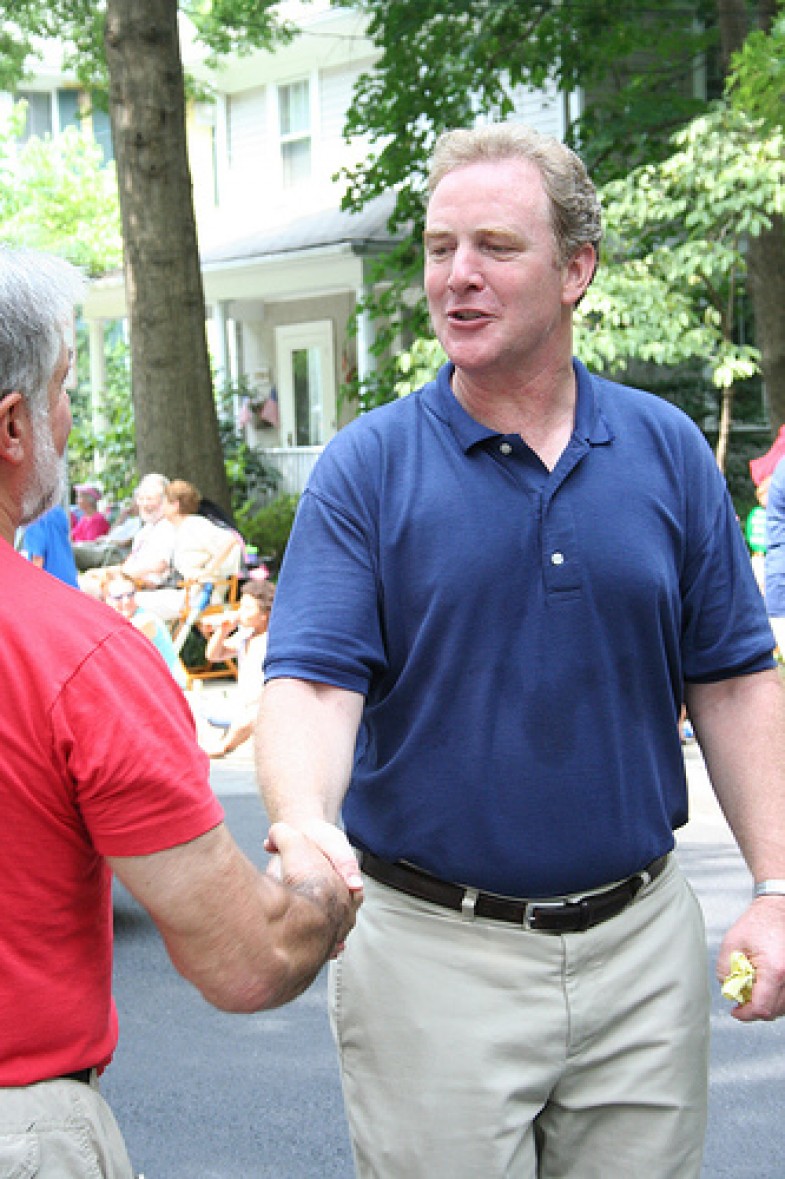
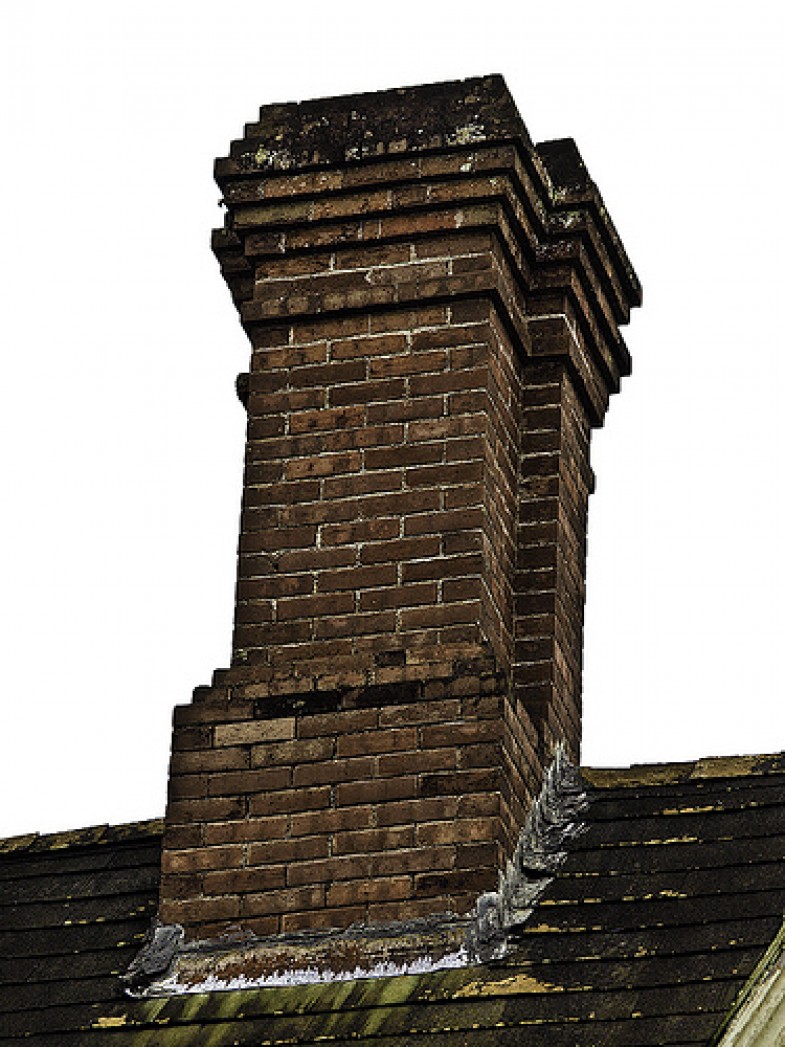
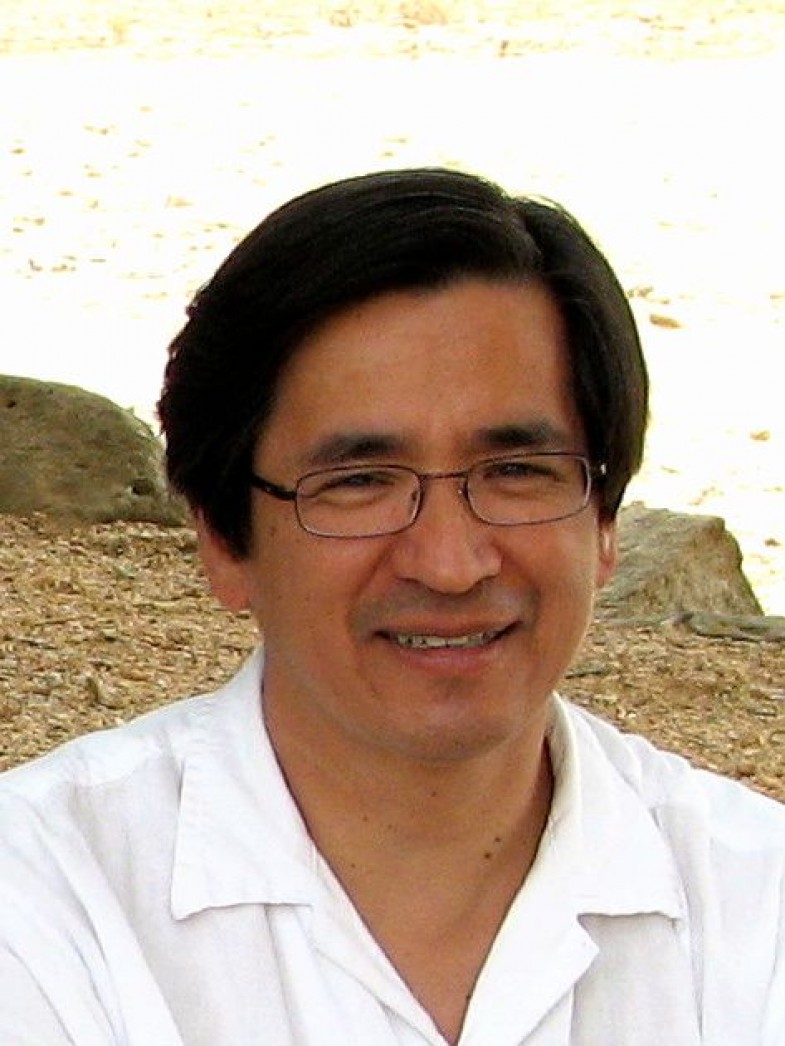
One of humanity’s great treasures—thousands of languages that comprise a repository of people’s understanding of the world—is in grave peril. Half the tongues now spoken on Earth are expected to go extinct in the near future. And with them disappears a large share of our cultural commons—a priceless record about subjects ranging from medicinal plants to ecological systems to human nature.
The media portray this enormous loss as unstoppable—just as most people once considered the extinction of the passenger pigeon or bison to be tragic yet inevitable events. Yet the bison survived because a few people refused to let them die out. Today we can watch in wonder as these powerful animals thunder across the prairie in parks and preserves.
And some people today resist the idea that there is nothing we can do to prevent most of the world’s languages from disappearing. Bernard Perley, an anthropologist at the University of Wisconsin-Milwaukee—is one of those people. Drawing on his background as an anthropologist, artist and architect he is trying to fashion a revival of Maliseet—a tongue now spoken by approximately by 1800 native people along the St. John River in Maine, New Brunswick and Quebec. It is predicted to be a dead language in 20 years.
Maliseet is Perley’s native tongue, but he almost forgot how to speak it through years of schooling in Maine public schools, the University of Texas and Harvard. “I didn’t speak a word of English when I started first grade,” remembers Perley, 52. And while he doesn’t recall harsh discrimination growing up a native person in the white world, he feels the sting of losing his culture and language. “We can’t deal with the government speaking Maliseet, we can’t deal with business in Maliseet. That must be done in English. There is a lack of prestige for native languages that native peoples feel.”
So Perley’s approach to saving Maliseet is simple: “reinstill the language with prestige. I try to link the language with things that are important and valuable like the oral tradition and the natural landscape. How do we do that? We present it as a beautiful thing with a rich heritage behind it so that the next generation can see its importance.”
Perley’s efforts have taken him into schools where he helps students use art and other forms of creative expression to discover their language, particularly how it is an integral part of the local landscape they all know.
“A language is a world view,” he asserts, “ a part of our collective human heritage. When we lose a language, we lose a way to solve problems and a particular way of seeing the world. Our words and our stories have a message for everyone about what we are doing to our environment, our commons.”
At a conference on the commons at the University of Wisconsin-Milwaukee in December, co-sponsored by Tomales Bay Institute, Perley told a Maliseet oral tradition story about how the St. John River dried up and became foul when Beaver dammed the river. Klohskap, the protector of the Maliseet people went to talk to Beaver and the two began to wrestle. Neither was strong enough to beat the other, but Beaver was forced to swim away and the water began flowing again. “That was a story about he commons lost and the commons regained,” Perley says, noting the Maliseet people have suffered greatly from dams built along the St. John River. But nearby, on the Penobscot River in Maine, there are discussions of removing some dams to restore the original ecosystems.
Perley adds that he had not consciously spoke of the commons until he was contacted by TBI Fellow Kathryn Milun to be part of the conference, but he finds the concept useful in his work. “It reminds me of the idea you find in many Indian cultures of all our relations—not just in the sense of humans, but animals and the environment too.
“The world’s languages are one of the world’s commons that need to be protected,” he adds, “there is a wealth of knowledge, a wealth of riches in them.”
Science & Environmental Health Network; precautionary principle, public trust doctrine
Midwestern Environmental Advocates